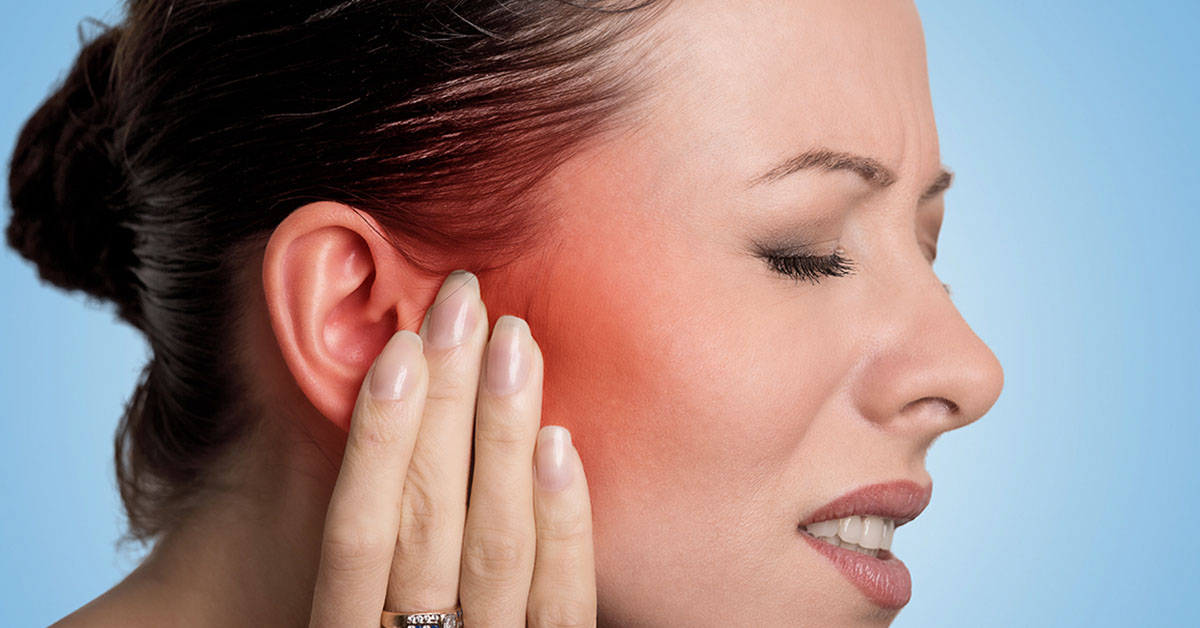
What is Barotrauma?
Ear barotrauma (also known as airplane ear, barotitis media, or aerotitis media) is a condition that causes ear pain and stress due to changes in barometric pressure (air pressure).
Causes of Barotrauma
When the air pressure on the outside of the ear and the air pressure on the inside of the ear are not equal, your eardrum will be unable to vibrate properly. The eustachian tube within your ear will regulate to equalize this pressure.
When you are in an airplane that is flying to higher altitudes, the air pressure will drop and cause the pressure within your ear to be greater than the pressure outside (not equalized). This process can also occur in the reverse when descending as the air pressure will rise, causing the pressure within your ear to be less than the pressure outside. Barotrauma can also occur when you're riding an elevator, up or down in a skyscraper, diving underwater, or driving in hilly or mountainous areas.
If your eustachian tubes are blocked or have an abnormality, the tubes can may face difficulty equalizing the pressure between inside and outside of your ears.
Symptoms and Diagnosis of Barotrauma
When you are affected by ear barotrauma, and the pressures are not equal, you may experience the feeling of pressure within your ear. Less severe cases of barotrauma may result in the following symptoms:
- Loss of balance or dizziness (vertigo).
- Discomfort or slight ear pain.
- A feeling of fullness or pressure within the ear.
- Temporary, minor loss of hearing.
With extreme altitude changes (which cause extreme pressure changes), or when diving underwater, barotrauma may become more severe causing you to potentially experience the following symptoms:
- Eardrum damage.
- Feeling of extreme pressure and pain within the ears.
- Nosebleeds.
- Severe loss of hearing.
Ear barotrauma will usually go away on its own. However, if you experience severe, or unbearable pain during altitude changes or diving, you should visit your ENT specialist. They will likely examine the inside of your ear using an otoscope to determine if there is an underlying condition or if there is damage to your eardrum.
Treatments for Barotrauma
If there are no underlying conditions causing ear barotrauma, the easiest remedies exercise your eustachian tubes to equalize the pressure. These self-care methods include:
- Swallowing or chewing gum.
- Yawning.
- Taking deep breaths, inhaling and exhaling.
- Don't sleep during takeoffs or landings so that you can perform these exercises.
- Use decongestant pills, allergy medication, or nasal sprays.
Barotrauma will usually heal with time but if your symptoms are severe, or continue beyond the altitude changes, your ENT specialist may prescribe antibiotics or steroids to address an infection or inflammation.
Surgery for barotrauma is rare. Even rupture eardrums or membranes in the inner ear will usually heal on their own. In the rare event that surgery is required, it typically involves a small cut made to the eardrum so that fluids can be drained and air pressure can be equalized.



